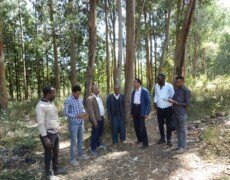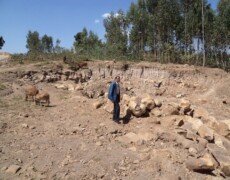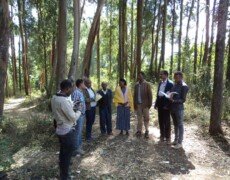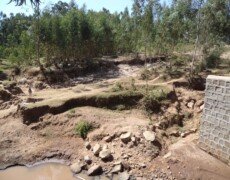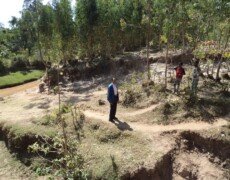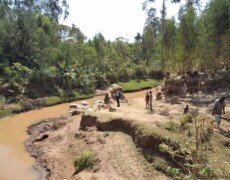Ethnography Field Visit – Watershed Management
The main focus of the study was to see the status of farmers’ participation in watershed management practices/starting from participating in planning up to implementation, monitoring and evaluation/ and to identify the factors for farmers to participate in the watershed management. Finally, it is important to note that, Ethiopia is diversified in agro-ecological, socio-economic, cultural, and institutional environment, and the study being location specific in nature, its results could not be generalized to the zonal or regional level. However, the recommendations and policy implications of the study can be used for other areas of similar contexts and as a basis for further studies.
Watershed management implies the wise use of natural resources like land, water and biomass in a watershed to obtain optimum production with minimum disturbance to the environment. In the past, the concept of watershed management focused mainly on the management of these resources in medium or large river valleys, designed to slow down rapid runoff and excessive soil erosion, and to slow the rate of siltation of reservoirs and limit the occurrence of potentially damaging flash flooding in river courses. At present, the overall objectives of watershed development and management programs take the watershed as the hydrological unit, and aim to adopt suitable measures for soil and water conservation, provide adequate water for agriculture and domestic use, and improve the livelihoods of the inhabitants.
